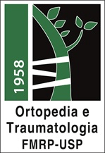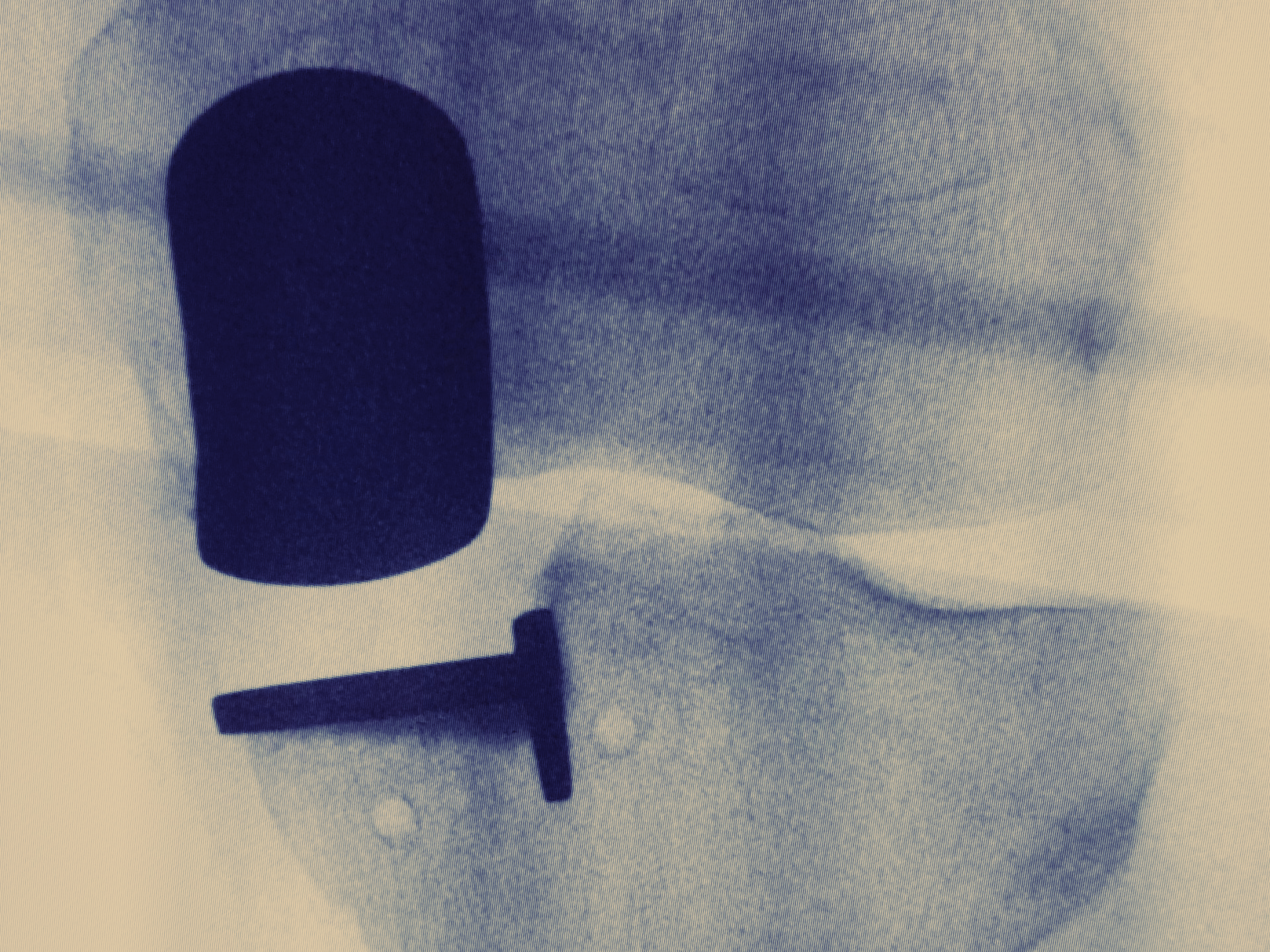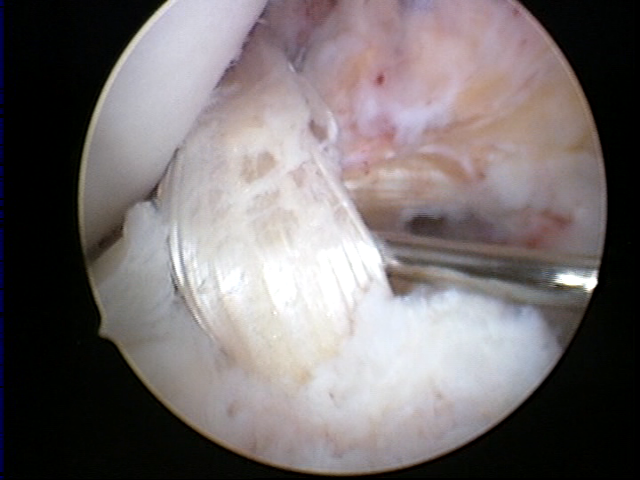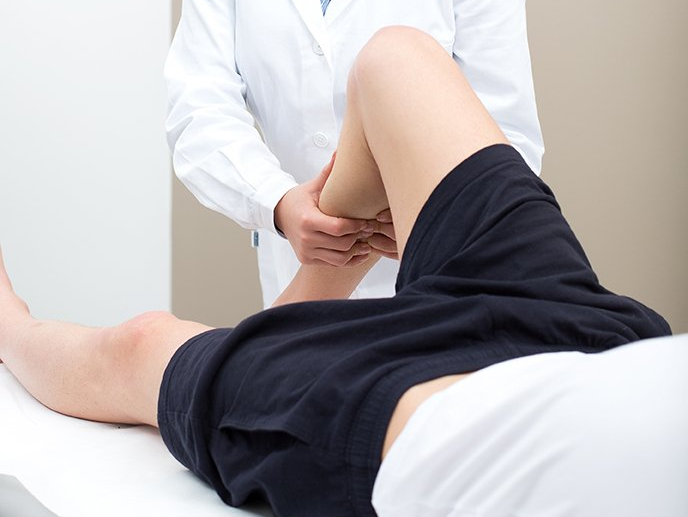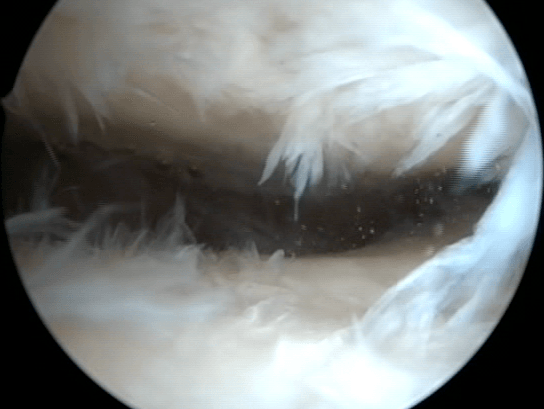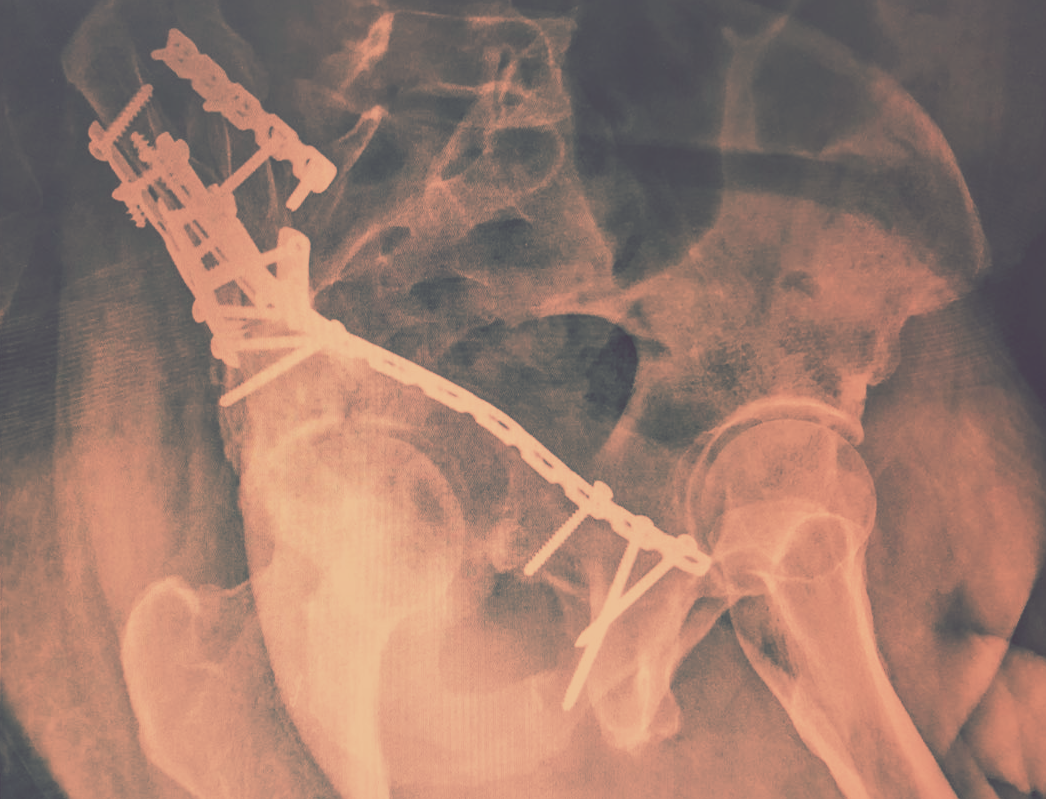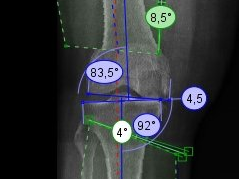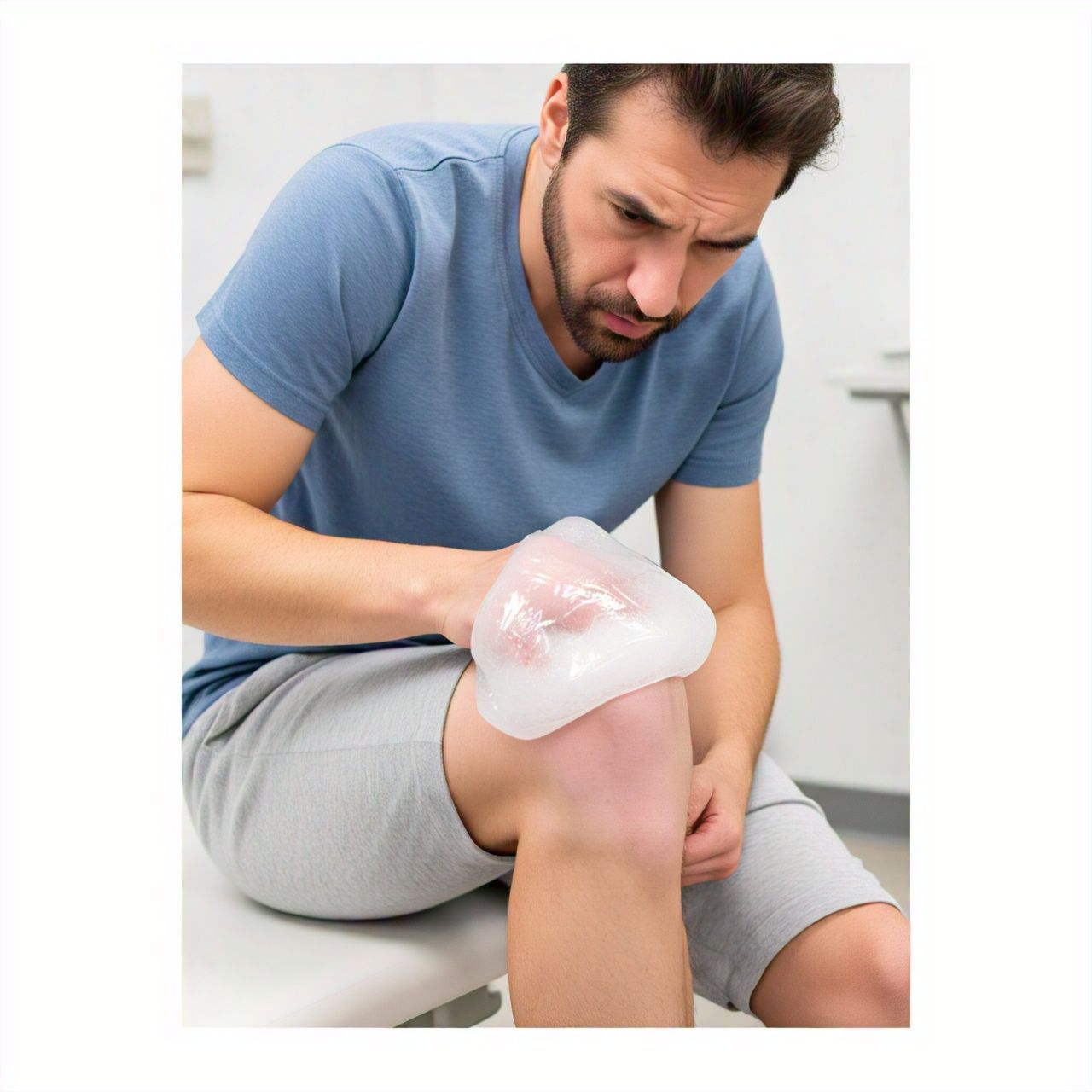Fabricio Fogagnolo
Knee Surgery & Orthopedic Trauma
Profile
Research, Teaching and Surgical Expertise in Knee Surgery and Orthopedic Trauma
Need an orthopaedic surgeon? Book a face-to-face appointment or via telemedicine .
Areas of expertise
Joint diseases
Degenerative joint diseases are extremely common with increasing life expectancy. Clinical and surgical treatments are available, such as partial or total arthroplasties.
Meniscal and ligament injuries
Meniscal and ligament injuries of the knee are extremely common. Generally, meniscal injuries cause pain, while ligament injuries cause joint instability.
Sports injuries and tendinopathies
Tendinopathies ("tendinitis") are quite common and it is essential to prevent and treat them, to avoid tendon degeneration, calcifications and the risk of ruptures.
Femoropatellar disorders
The joint between the patella and the femur is a frequent site of painful pathologies and cartilage disorders, such as the already known "chondromalacia".
Fractures of the pelvis and lower limbs
Modern osteosynthesis techniques, through fixation with rods, plates and screws, allow rapid rehabilitation and return to work, with high rates of consolidation.
Post-traumatic deformities
With proper planning, now aided by software that guarantees surgical precision, we can correct deformities through osteotomies and restore limb function.
News,
articles & updates



